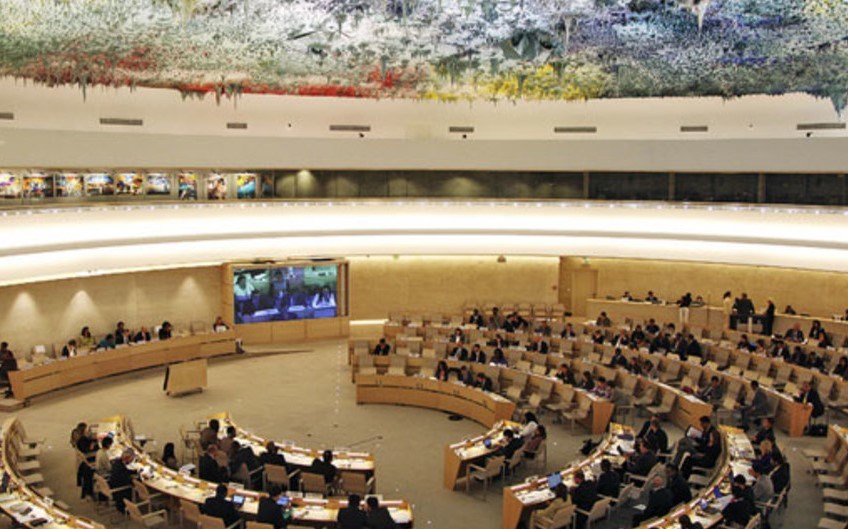United Nations Human Rights Council recognized on Friday the human right to a healthy environment.
The Council (HRC) is an inter-governmental body within the United Nations system made up of 47 States responsible for the promotion and protection of all human rights around the globe. The resolution, proposed by Costa Rica, the Maldives, Morocco, Slovenia and Switzerland, was passed with 43 votes in favour and 4 abstentions - from Russia, India, China and Japan.
The resolution recognizes the right to a safe, clean, healthy and sustainable environment as a human right that is important for the enjoyment of human rights. It also notes that the right to a safe, clean, healthy and sustainable environment is related to other rights that are in accordance with existing international law.
David Boyd, a Canadian law professor and UN special rapporteur on human rights and environment, described the decision as a historic breakthrough that has the potential to improve the life of everyone on the planet.
“The world’s future looks a little bit brighter today,” he said. “The United Nations, in an historical development, has for the first time recognised that everyone, everywhere, has a human right to live in a safe, clean, healthy and sustainable environment.
“This has life-changing potential in a world where the global environmental crisis causes more than nine million premature deaths every year,” he added. “It will spark constitutional changes and stronger environmental laws, with positive implications for air quality, clean water, healthy soil, sustainably produced food, green energy, climate change, biodiversity and the use of toxic substances.”
Recognition of this right had also been endorsed by UN Secretary General António Guterres, High Commissioner for Human Rights Michelle Bachelet and 15 UN agencies, and was supported by young activists, business groups and more than 1,300 civil society organisations from around the world.
“The resolution is vital for the people and communities who suffer disproportionate impacts of environmental degradation, including women, children, indigenous and other potentially vulnerable and marginalized populations,” he said. “In a world that too often emphasizes the differences between people, the right to a healthy environment reflects a fundamental truth that should unite us all.”
He urged leaders who will meet at the UN Climate Change Conference (COP26) in Glasgow, UK starting at the end of the month, and at the UN conference on biodiversity (COP 15) starting in Kunming, China, next week, to put human rights at the centre of their actions.
What is the status of the human right to a healthy environment recognised by the HRC compared with the rights enshrined in the UN Universal Declaration of Human Rights proclaimed by the UN General Assembly in 1948?
“The right to a clean, healthy and sustainable environment is now recognized by the UN, thanks to yesterday’s adoption of the resolution at the Human Rights Council,” David Boyd told The Brussels Times. “Like the Universal Declaration, the resolution is not legally binding but establishes a common standard of achievement for all nations.”
There are many rights in the Universal Declaration which hardly are in force everywhere or uniformly applied globally. How do you expect the right to a healthy environment to be enforced?
“I anticipate that citizens across the world will use their right to a healthy environment to hold governments accountable and that governments will do a better job of implementing their environmental obligations.”
The Stop Ecocide Foundation proposed last June that ecocide (“severe and either widespread or long-term damage to the environment”) should be recognized as an international crime, e.g. under the Rome Statue of the International Criminal Court. Do you support the proposal?
“My focus is entirely on human rights and the environment. My personal view is that the ecocide approach has potential but may be challenging to implement.”
The recognition of the right to a healthy environment as a fundamental human right was recently debated by the Parliamentary Assembly of the Council of Europe (PACE).
M. Apelblat
The Brussels Times

